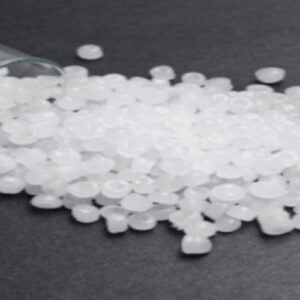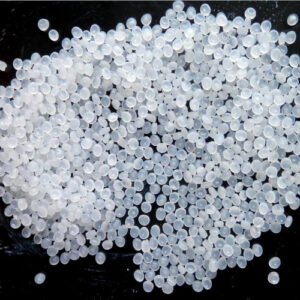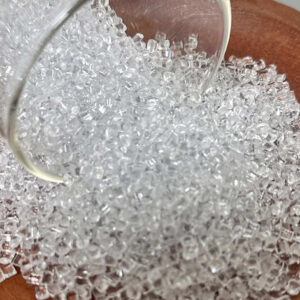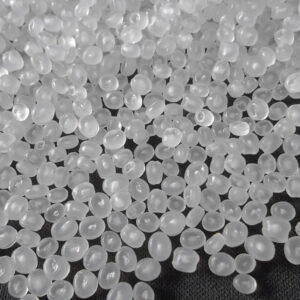Acrylonitrile Styrene (ABS)
Description
Acrylonitrile Styrene (ABS), also known as Acrylonitrile Butadiene Styrene (ABS) when combined with butadiene, is a thermoplastic polymer. ABS is widely used in manufacturing a variety of products due to its unique combination of properties.
Properties of ABS:
-
Impact Resistance: ABS has excellent impact resistance, which makes it suitable for applications that require a certain level of resilience.
-
Strength and Durability: ABS is strong, rigid, and dimensionally stable, making it a good choice for structural components.
-
Chemical Resistance: ABS can withstand exposure to various chemicals, although it may not be suitable for use in applications involving exposure to certain solvents or fuels.
-
Thermal Resistance: ABS can operate within a relatively wide temperature range (-40°C to 100°C).
-
Aesthetics: ABS can be molded into various colors and finishes, making it suitable for applications where appearance is a factor.
Common Applications of ABS:
-
Consumer Goods: ABS is used in the production of consumer items, such as:
-
Automotive trim and dashboard components
-
Consumer electronics casing (e.g., phones, laptops)
-
Toy parts (e.g., Lego bricks)
-
Household items (e.g., storage containers, picture frames)
-
-
Industrial Equipment: ABS is used in the production of industrial components, such as:
-
Electrical connectors and switch components
-
Pump and valve parts
-
Machinery casings
-
-
Medical Devices: ABS is used in the production of medical devices, such as:
-
Surgical instrument handles
-
Ventilator parts
-
Diagnostic equipment components
-






Reviews
There are no reviews yet.